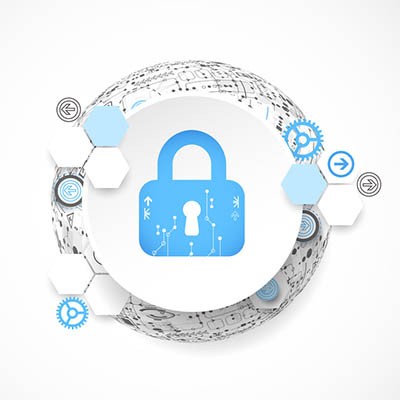Menu
Direct Technology Group Blog
If your business is taking advantage of the cloud to meet its operational and data storage needs, then you’re already doing something right. The cloud has changed the way businesses function, but this also needs to extend to the way businesses think about data security. How is your business or cloud provider securing your critical business data and applications stored in the cloud?
We’ve all heard of phishing scams: an email appears in our inbox, apparently from a Nigerian prince who needs a cash advance to free up their own finances, and is willing to reward you with riches galore. However, this is just one (famous) example of a phishing scam. In order to protect your business, you need to be ready for all phishing scams, whatever they look like.
How often have you started to read something you thought may be valuable to you, only to put it down a few moments later, completely lost because of the use of technical language and industry jargon? The IT industry can be especially guilty of this. However, since this is need-to-know information, we’ve decided to go over a few crucial security concepts by representing your business security with a locked door.
In the realm of cyberattacks, a data breach is perceived as one of, if not the biggest threat that a business can face. They are seen as so dangerous, in fact, that threats like phishing attacks are largely disregarded. However, data from a recent study suggests that this is the opposite of what should happen in a decision maker’s mind.
You are going to inevitably be in the position where using public Wi-Fi is better than not using any Wi-Fi at all. The issue with this is that public Wi-Fi is considerably more dangerous to use than the secured in-house network of your office. How can you maximize the productivity of your business’ staff while on the go, without sacrificing security by allowing them to use public Wi-Fi to access important data?
Security threats are unfortunately common in the business world of today, and these threats are only getting more sophisticated. In response, more businesses and companies are turning to security professionals to help protect them. We’ll dive into some of the tools that a managed security service provider leverages, and how it can incorporate into a business’ IT strategy.
The basics are called “the basics” because they are the information you need to know first before you can get a genuine understanding of any concept. In many ways, the basics of network security are extremely important and cannot be ignored. Here are five basic ways you can keep your devices as secure as possible.
It’s no secret that a business’ security is one of its most important considerations. It would seem that there is a daily reminder of this unfortunate fact - but it’s even more unfortunate that many people aren’t aware of where many threats can actually come from. Below, we’ll discuss how some threats start on the inside - as well as what you can do to help stop them.
If your business isn’t protecting its technology infrastructure, you need to rethink your priorities immediately. After all, hackers aren’t going to wait for your business to secure itself. They will instead seize any easy opportunity to steal your organization’s sensitive data. There are countless threats out there that want to take advantage of your business, or at least see your sensitive data on-sale at the online black market. We’ll walk you through some of the most important factors regarding your organization’s security.
It makes sense that your organization would want the best security possible and to mitigate the risks that it faces, whether they are physical or virtual. However, there is no definition for “perfect” security, as there isn’t one solution that can completely meet all of your business’ specific needs. As a result, you want to set realistic goals for yourself so that security doesn’t become difficult to gauge.
Businesses need to take security into account and make it a priority. In fact, security is so important that Verizon has compiled a report of the various types of attacks and data breaches that occurred in the past year. This is Verizon’s Data Breach Investigations Report, or DBIR, and it offers insights into how you can protect your business and secure your assets.
A vulnerability has been discovered that affects all versions of Microsoft’s Windows operating system, including the long-unsupported Windows XP, going all the way back to Windows 95. The vulnerability, called BadTunnel, allows attackers to directly bypass system defenses and initiate a man-in-the-middle attack. The vulnerability isn’t limited to just Windows, either; it also affects Internet Explorer, Edge, and other Microsoft software.
When it comes to cybersecurity, maintenance is key. Whether you choose human-based security or an automated security solution, running into shortcomings is still possible. Human security tends to rely on the word of experts, and anything that doesn’t fit into the guidelines is missed and may therefore get through and wreak havoc. Network security can be a touch overzealous, in a way “crying wolf,” with an excess of false positives that ultimately require human analysis, leading to human frustration.

















